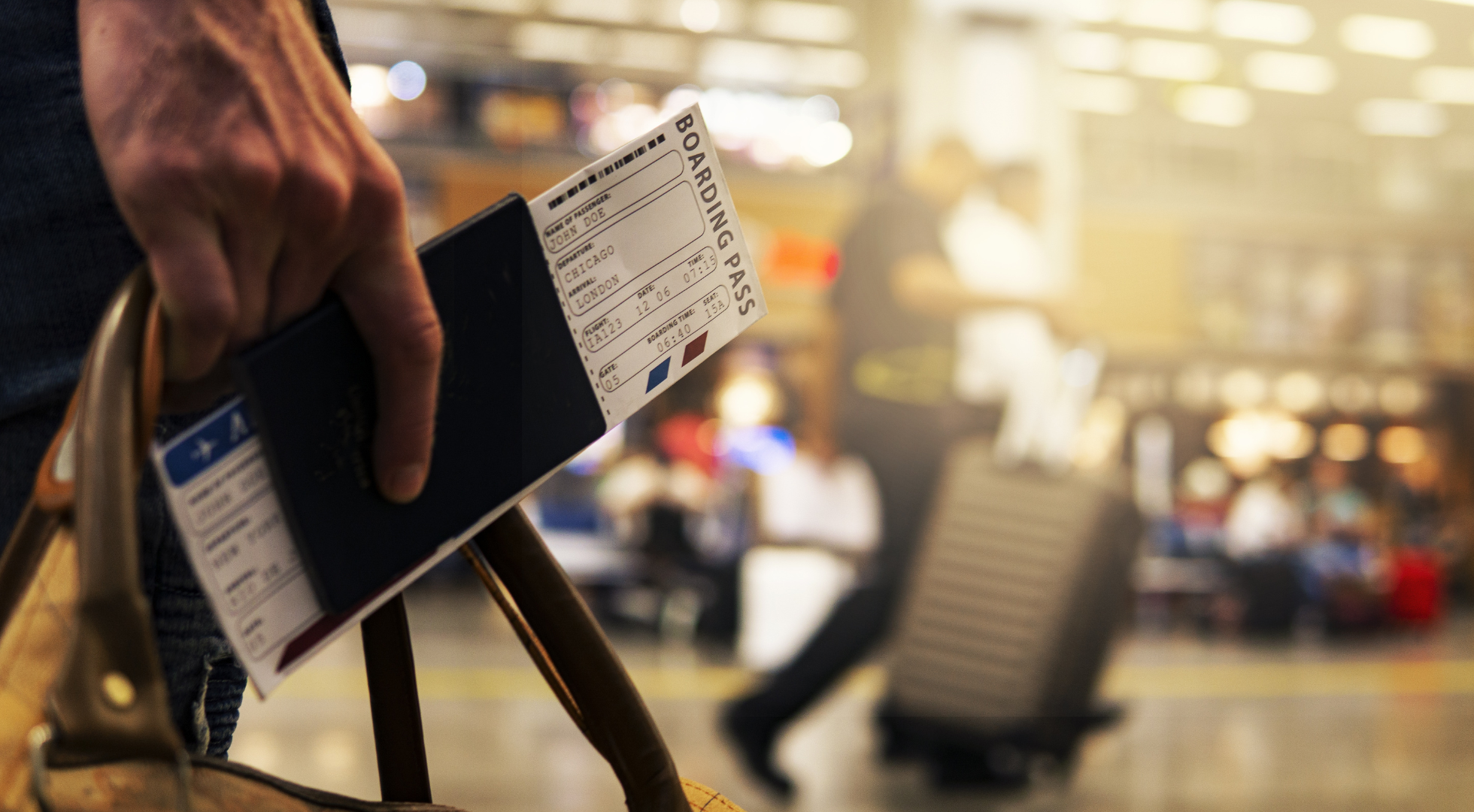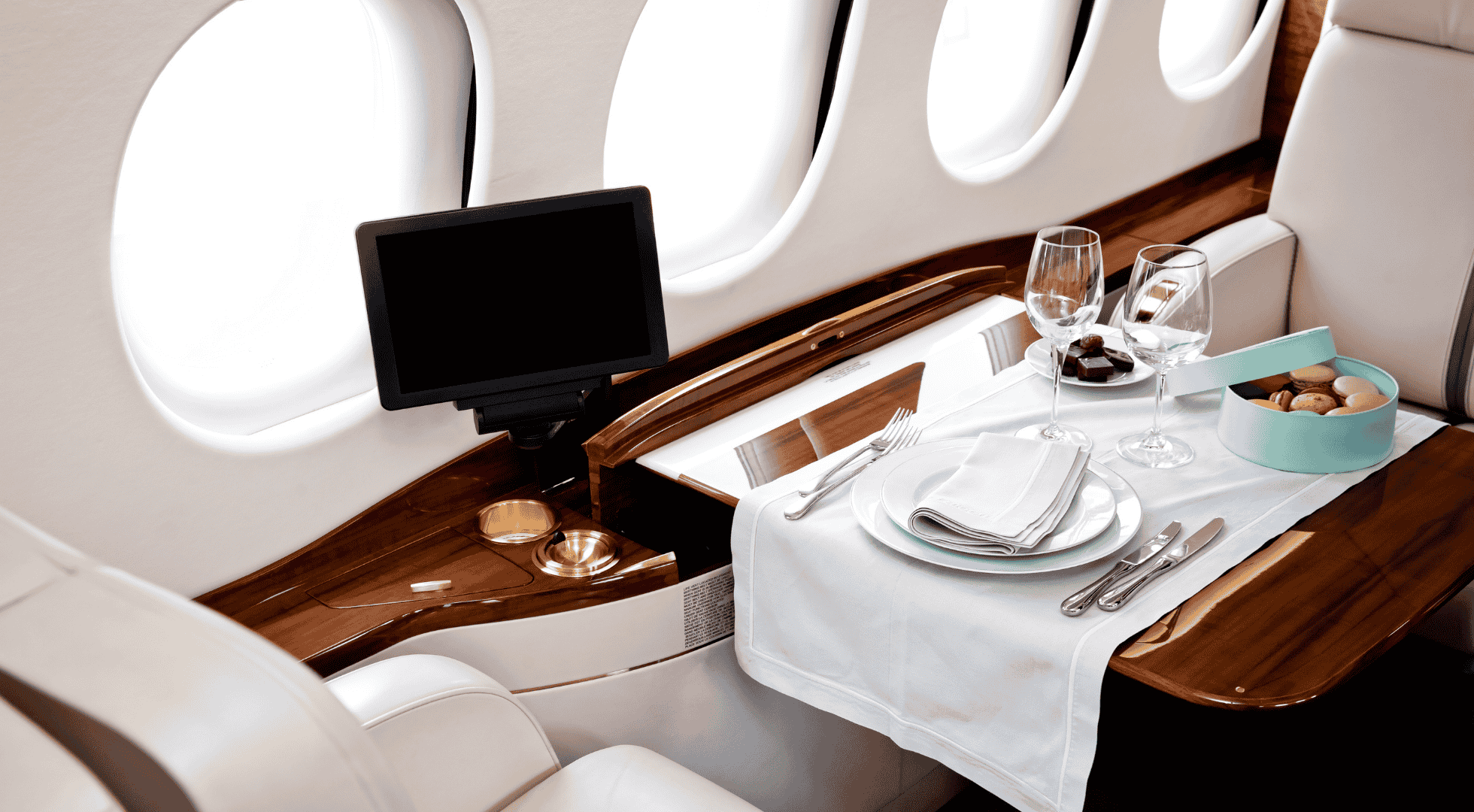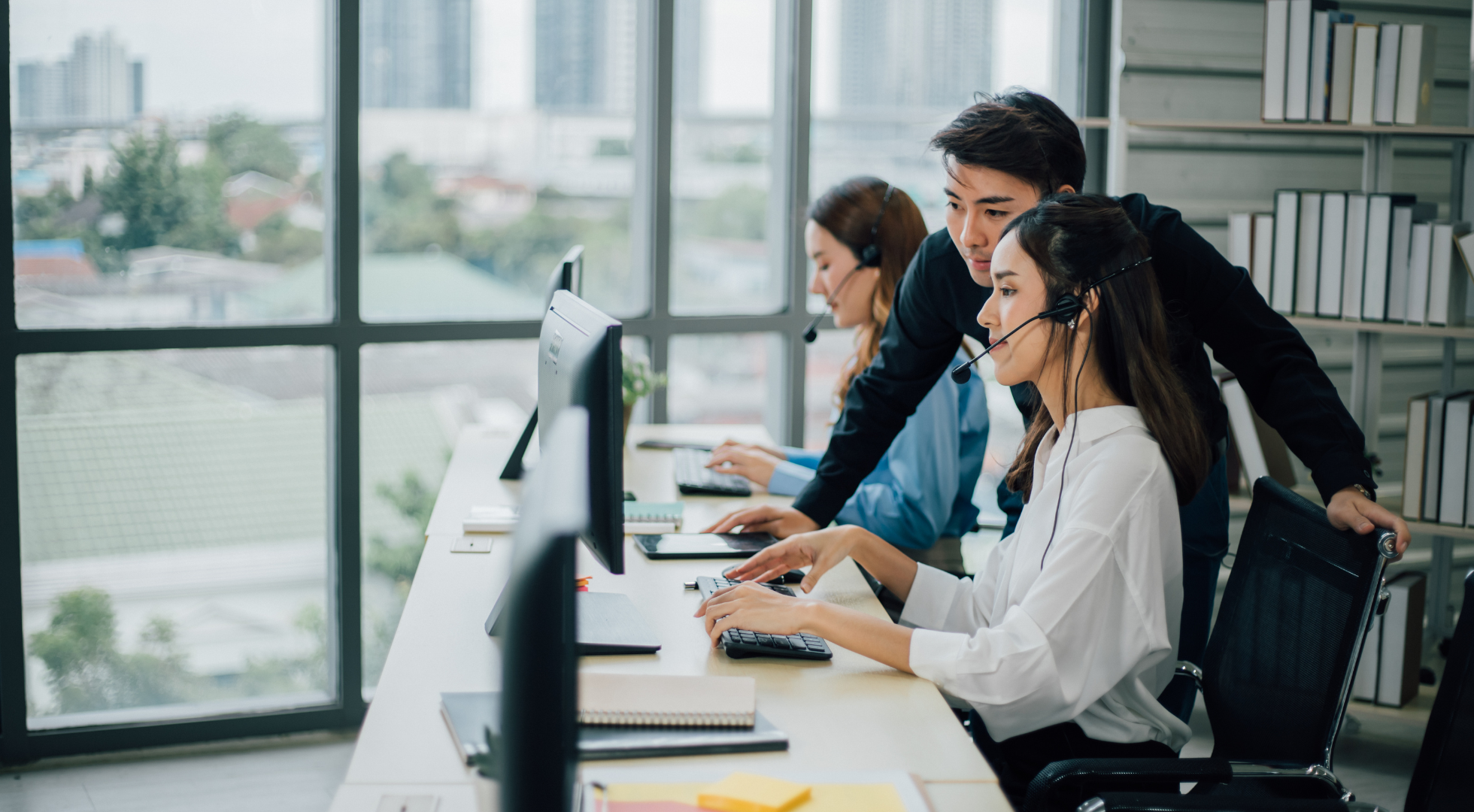Your people are your business – and when they’re travelling, their well-being shouldn’t fall through the cracks. While many organisations prioritise employee wellness within the workplace, it’s just as important to take a measurement of traveller well-being all the time. After all, 87% of business travellers say the quality of their trips directly impacts their performance, with long-haul flights, jet lag, and the mental strain of unfamiliar cities all adding to the challenge.

In this article, we’ll explore the role HR teams play in tracking traveller well-being, along with practical tips to help organisations better support their frequent travellers.
What is business traveller well-being?
Business traveller well-being goes beyond simply keeping employees safe on the road. While traveller safety focuses on protecting physical security, well-being takes a more holistic approach – addressing the physical, mental, and emotional health of your people while they’re away from home.
From disrupted sleep and unhealthy eating habits to the stress of navigating unfamiliar environments, business travel can challenge even the most experienced road warriors. Supporting traveller well-being means helping employees maintain a sense of balance, both internally and externally, as they juggle work demands with the realities of constant movement.
In short, business traveller well-being is about ensuring your people not only travel safely, but arrive feeling supported, healthy, and ready to perform at their best.
What can HR do to help with traveller well-being during business travel
- Prioritise direct flight
Booking direct flights may seem like a small detail, but it can significantly impact an employee’s well-being. According to the 2024 CTM Global Customer Survey, 76% of business travellers reported that avoiding layovers enhances their overall travel experience.
While indirect flights may offer upfront savings, the added travel time, disrupted sleep, and transit stress often lead to fatigue, reduced productivity, and lower morale.
HR teams can work with travel bookers to ensure that direct flights are prioritised wherever possible, recognising that the long-term benefits to employee well-being and engagement outweigh short-term cost savings.
- Offer seat upgrades for greater comfort
Small upgrades can make a big difference. 75% of surveyed travellers indicated that upgraded seating—whether premium cabins or simply extra legroom—improves their travel experience.

Encouraging travel bookers to factor in comfort as part of the travel experience sends a clear message that employee well-being matters.
- Review hotel choices thoughtfully
Hotels are more than just a place to sleep—they’re where employees recharge between meetings and manage work on the road. 66% of corporate travellers stated that a hotel upgrade positively affects their well-being.
Rather than defaulting to the cheapest room category, HR can work with travel teams to assess whether providing slightly larger rooms, better amenities, or properties in quieter locations could offer real benefits to travelling staff.
For longer stays, options like serviced apartments can provide additional comfort through cooking and laundry facilities, helping employees feel more at home and better rested.
- Select hotel locations with care
Convenience matters. 49% of respondents highlighted that the location of their accommodation directly influences their travel well-being.
Hotels situated close to meeting venues, offices, or airports can significantly reduce daily commuting time and stress. This can also save the company on local transport costs and help minimise carbon emissions.
Choosing centrally located hotels allows travellers to walk between locations where possible, encouraging movement and improving mental well-being during business trips.
- Schedule travel during working hours
Travelling during standard working hours can help reduce burnout, yet 45% of employees indicated that this isn’t always prioritised.
HR teams can influence travel policies to support this preference, reducing fatigue by avoiding early morning or late-night flights whenever possible. If employees are required to travel outside their usual hours, HR can introduce compensatory measures, such as time off in lieu, to recognise their personal time sacrifice.
Flexibility in scheduling demonstrates a company’s commitment to supporting work-life balance even during business travel, helping employees return home rested and motivated.
Other key strategies for improved corporate traveller well-being
- Encourage advanced planning
Supporting employees to plan their trips well in advance can significantly reduce pre-travel stress. Providing a structured pre-departure checklist can help them manage essential details like confirming travel documents, organising meeting schedules, and packing necessary equipment and attire.
HR teams can also encourage staff to prepare contingency plans for possible disruptions, such as flight delays, ensuring they know where to turn for assistance while abroad.
By fostering a proactive approach to travel planning, organisations help employees feel better prepared and more in control of their journeys.
- Promote regular physical activity
Maintaining physical movement while travelling can have a positive impact on both mental and physical health.
Businesses can support this by selecting hotels with on-site gyms or fitness facilities, or by sharing guidance on simple exercises travellers can perform in their hotel rooms. Encouraging employees to explore their surroundings on foot – where practical – is another way to promote activity while allowing them to experience local culture.
Sharing resources like mobile fitness apps or short guided workout videos can also encourage employees to incorporate regular exercise into their travel routine.
- Prioritise rest and recovery
Quality sleep is essential to staying focused and productive during work trips.

To support this, HR teams can provide guidance on establishing healthy sleep routines, such as keeping to consistent sleep and wake times, even across different time zones. Advice on limiting screen time before bed, creating restful sleeping environments, and practising relaxation techniques like meditation or breathing exercises can also help employees achieve better rest.
Organisations should acknowledge that a well-rested employee is a more effective and engaged one.
- Practice balanced eating habits
Business travel can often disrupt healthy eating routines.
Employers can help mitigate this by offering practical advice such as researching healthy dining options near hotels or meeting locations. Ensuring employees know how to access meals that meet dietary needs, whether for allergies or lifestyle choices, can further support their well-being.
Encouraging hydration, mindful portion control, and the inclusion of healthy snacks like fruit or nuts can help employees sustain energy levels throughout their trip and avoid common fatigue triggers.
- Introduce mindfulness and stress management techniques
Frequent travel can take a toll on mental well-being.
Companies can help by encouraging staff to adopt simple mindfulness practices during their journeys. Techniques like deep breathing exercises, short meditation sessions, and mindful eating can help reduce anxiety and promote mental clarity.
Reminding employees to slow down occasionally and appreciate their surroundings can also counterbalance the fast-paced nature of business travel, contributing to a calmer, more centred state of mind.
How Holiday Tours can support with employee well-being during business travel
Partnering with an experienced travel management company like Holiday Tours can make a significant difference in how organisations care for their travelling employees. With decades of expertise and a personalised approach, Holiday Tours offers solutions designed not just to simplify corporate travel—but to enhance employee well-being at every stage of the journey.
Here’s how Holiday Tours can help:
- Tailored travel programmes
Holiday Tours works closely with businesses to design corporate travel programmes that prioritise comfort, efficiency, and well-being. From selecting direct flights to choosing well-located hotels, every trip is planned with your employees’ experience in mind.
- Access to premium travel options
Whether it’s securing seat upgrades, recommending comfortable hotel accommodations, or arranging travel during working hours, Holiday Tours helps align travel policies with what matters most to employees—ensuring they feel valued and supported.
- Dedicated support and 24/7 assistance

Travelling for work can be stressful, especially when plans change. Holiday Tours provides dedicated travel consultants and round-the-clock support to ensure employees feel cared for and supported, no matter where they are in the world.
- Employee-focused travel insights
Holiday Tours understands that employee well-being is closely linked to travel satisfaction. They offer guidance based on current trends and employee preferences, helping companies develop travel policies that balance business needs with traveller comfort.
- Simplified booking and reporting tools
With streamlined booking systems and easy-to-use reporting tools, Holiday Tours reduces administrative burden on HR and travel managers—making it simpler to track travel spend and employee well-being metrics alike.
By partnering with Holiday Tours, businesses can ensure their corporate travel strategy not only meets operational needs but also supports the well-being and productivity of their most valuable asset—their people.
SUPPORT YOUR PEOPLE WITH TRAVEL PRIORITISES WELL-BEING
REACH OUT TO US AT +603 2303 9100 (PRESS 3) OR [email protected]
You may also be interested in:
